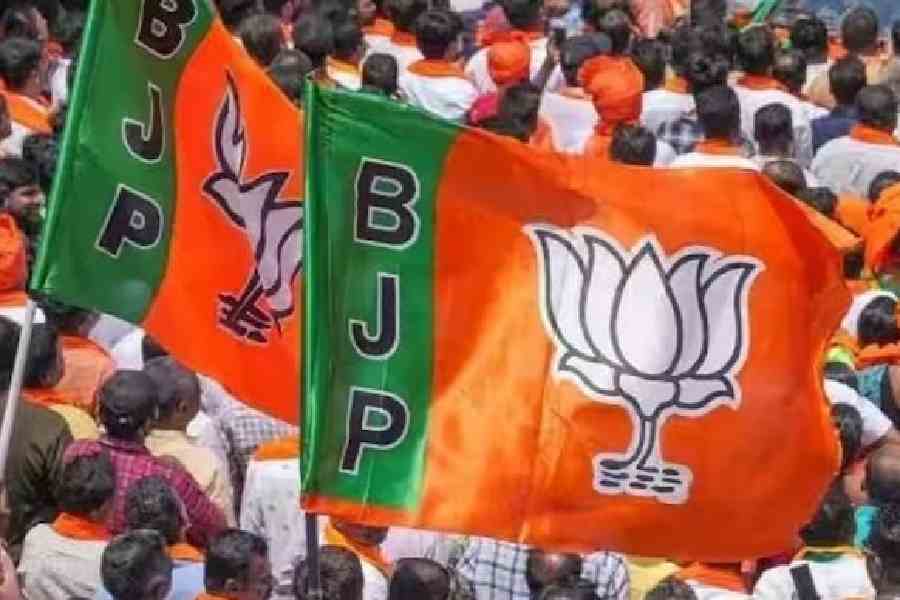The Bharatiya Janata Party has had a tradition of hoisting new leaders to the mantle of power. Several BJP leaders, including the prime minister, Narendra Modi, have pipped stalwarts to important political positions in their political careers. This seeming radicalism, in contrast with its principal rival, the Congress, which remains enchanted with tried-and-tested, ageing leaders, is often masqueraded as examples of the BJP’s respect for inner-party democracy and meritocracy. But as the instances of the anointment of the chief ministers for Rajasthan, Madhya Pradesh and Chhattisgarh demonstrate, political and ideological factors along with inner party rivalries play a significant role in any change of the old guard. Achieving a fine balance among competing caste and community interests has been the decisive factor behind the political elevation of the leaders in the three heartland states. In Madhya Pradesh, Mohan Yadav, the new chief minister, is from the other backward classes and will be assisted by deputies who belong to Brahmin and scheduled caste constituencies. Rajasthan follows a slightly tweaked script, with a Brahmin chief minister — Bhajanlal Sharma — at the helm along with representation from Rajput and Dalit communities as his deputies. In Chhattisgarh, the BJP, unsurprisingly, has a tribal face — Vishnu Deo Sai — as chief minister. This delicate social engineering, the BJP is confident, would reap rewards for the general elections as well. Additionally, the relative administrative inexperience of the new appointees is likely to enhance their reliance on the central leadership, something that Mr Modi and the Union home minister are keen on as they seek to complete the transformation of the BJP into a regimented, centralised entity. The ideological affinity of the three new chief ministers towards the Rashtriya Swayamsevak Sangh must have also worked in their favour.
The question, however, is this: will the old guard, especially Vasundhara Raje and Shivraj Singh Chouhan, strike back? Ms Raje and Mr Chouhan, who were once in the same chief ministerial league as Mr Modi, have been known to hold their ground in the face of the BJP’s domineering central duopoly. Mr Chouhan, who led the BJP’s triumphant return in his home state, has reasons to feel especially cut-up. Subterranean resistance thus cannot be ruled out in the coming days. After all, the BJP is equally vulnerable to the personal ambitions of regional satraps being pitted against party solidarity; it is just that it manages these fissures much better than its rivals.

